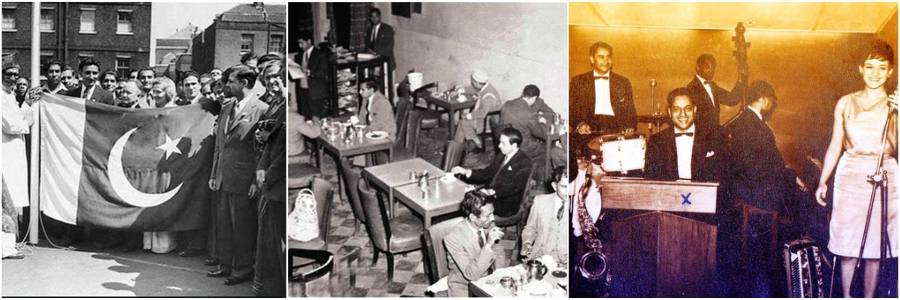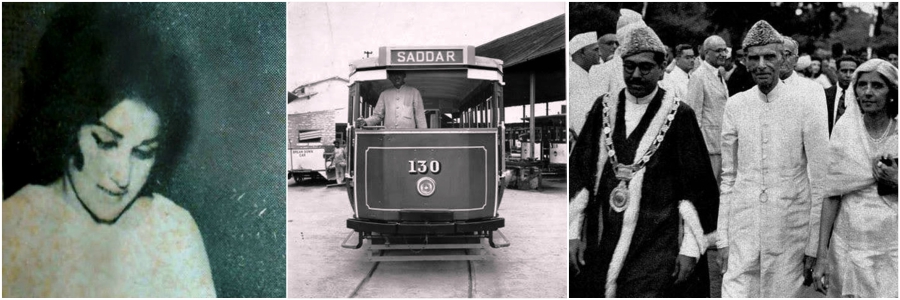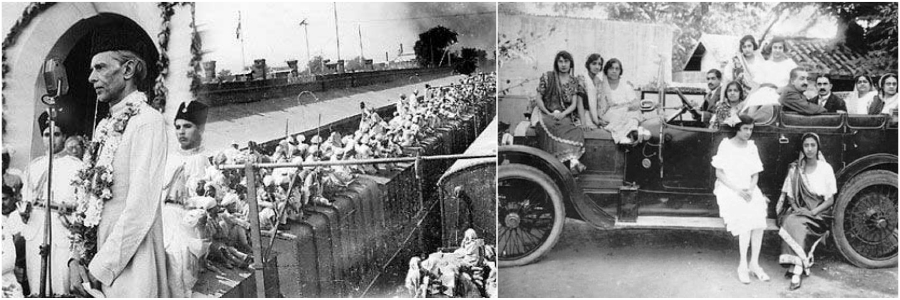History of Pakistan
Pakistan has existed as an independent country since 1947 as a homeland for Muslims and has played an important role in the historical epic of the Indian subcontinent for millennia. It is the birthplace of the world’s first urban civilisation, home to one of the great flowerings of Buddhism, and cornerstone of the Mughal Empire.
Today’s Pakistan was part of one of the most sophisticated societies on earth, the Indus civilization. When the Indus civilization declined it was followed by centuries of economic downfall and foreign conquest.

The Mughals were the undisputed masters of the subcontinent throughout the 16th and 17th centuries and their empire was one of only three periods in history during which the subcontinent came under sustained, unified rule. Like imperial powers before and after them, the Mughals became overstretched and technically the Mughal Empire existed right up until 1857, when the British deposed the 19th and last Mughal ruler, Bahadur Shah II.
The first Britons to arrive in India were traders from the British East India Company. They came by sea at the beginning of the 17th century and their goal was not conquest but profit and governed through an elite cadre of bureaucrats. Pakistan was created from British India in 1947 and since the birth of Pakistan its people have undergone enormous changes in the last years and continue to look forward to more positive developments in the coming years.


